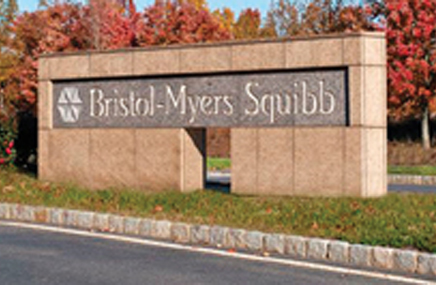Bristol-Myer Squibb said sales gained some traction today, a sign the company is finally moving past the long shadow cast by generic Plavix.
In the five quarters since Plavix lost market exclusivity, the drug has fallen from peak sales of $6.1 billion in 2010 to just $177 million so far this year. But BMS saw overall sales increase by 9%, compared to a year ago, to $4.07 billion—beating a panel of Bloomberg analyst estimates which had sales pegged at a flat $4 billion.
US sales rose primarily on growth from rheumatoid arthritis treatment Orencia, which saw a hike of 17% from this time last year, coming in at $246 million. Advanced melanoma cancer drug Yervoy also saw a material bump bringing in $130 million, a jump of 6% from the same time last year. BMS’s Sprycel for leukemia saw a 23% increase, with $134 million for the quarter.
Worldwide sales were buoyed by an 8% decrease in marketing, selling and administrative expenses, as well as a 6% decrease in R&D. Although declining marketing costs may contribute toward an improved bottom line, advertising and product promotion spending did see an increase of 16% in the quarter to $194 million.
BMS’s new blood thinner, Eliquis, saw a modest jump in revenue with $27 million in domestic sales as it fights an uphill battle against the entrenched warfarin, as well as the other oral anticoagulants on the market. That’s a 22% increase from its sales in the first six months for the year of $22 million.
The New York-based drugmaker believes the drug will catch on as more payers and PBMs improve access. But one analyst sees the drug’s anemic launch as a sign of things to come, reported Bloomberg: “I struggle to remember slow ramps that all of a sudden take off,” said Judson Clark, an analyst with Edward Jones, “We’re getting to the point where Eliquis may be a solid drug, [but] it may not be the resounding success everyone thought.”
Correction: Domestic Orencia sales were $246 million for the third quarter.







